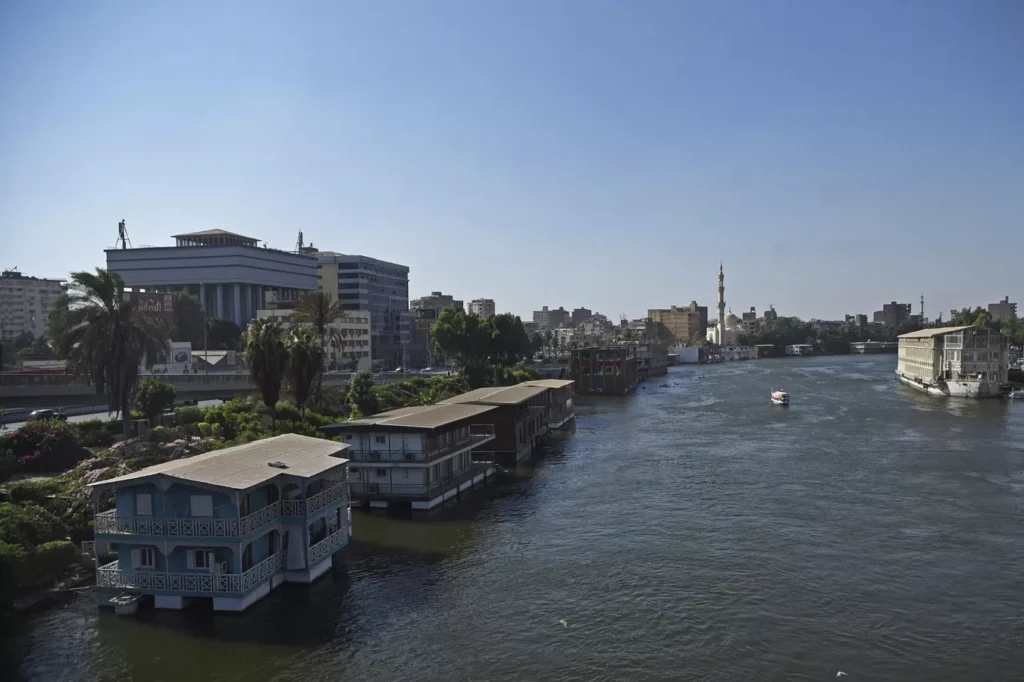 The Permanent Joint Technical Commission for Nile Waters between Egypt and Sudan issued a statement on the results of its meetings held over Friday and Saturday to discuss several issues related to the Nile Basin.
The Permanent Joint Technical Commission for Nile Waters between Egypt and Sudan issued a statement on the results of its meetings held over Friday and Saturday to discuss several issues related to the Nile Basin.
The statement, published by the Egyptian Ministry of Irrigation, said that Egypt and Sudan are discussing these issues under the 1959 Nile Waters Agreement signed between the two countries.
The statement added: “The two sides examined the ratifications by some basin countries of the so-called ‘Framework Agreement’ for Nile Basin countries,” affirming that this project, which Egypt and Sudan have not joined, violates the principles of customary and contractual international law.It continued: “Egypt and Sudan stressed that the six-member commission arising from the incomplete Framework Agreement does not represent the Nile Basin under any circumstances,” emphasizing that Cairo and Khartoum have made intensive and continuous efforts over the past years to restore unity and bridge the rift it caused.
The statement confirmed that the “Framework Agreement” is inconsistent with leading African experiences such as the Zambezi and Senegal River basins, which ensure continuity of cooperation and sustainable development for all.It added: “Cairo and Khartoum sought to make the mechanism that brings together Nile Basin countries consensual and comprehensive, based on established rules of transboundary water cooperation, especially regarding principles of consultation and prior notification, particularly for projects with economic, social and environmental dimensions.
“The statement said that Egypt and Sudan affirm their full commitment to cooperating with other Nile Basin countries within internationally recognized principles to achieve benefits for all without causing harm to any country.It added that Cairo and Khartoum confirm they are not bound by the Nile Basin Cooperative Framework Agreement and call for restoring the inclusiveness of the Nile Basin Initiative as the optimal path to consensus on a permanent cooperation framework and mechanism.
Ethiopia began constructing the Grand Ethiopian Renaissance Dam on the Blue Nile in 2011, aiming to generate electricity.
Egypt fears the dam will harm its share of water, while Sudan’s concerns about damage to its water facilities and reduced water share are increasing.
In December, Egypt announced the end of negotiations with Ethiopia over the dam without results, affirming its right to defend its water and national security if harmed.The failure to reach an agreement between the three countries (Egypt, Ethiopia, Sudan) has led to increased political tensions and referral of the issue to the UN Security Council, which has held two sessions on the matter without reaching a decision.




